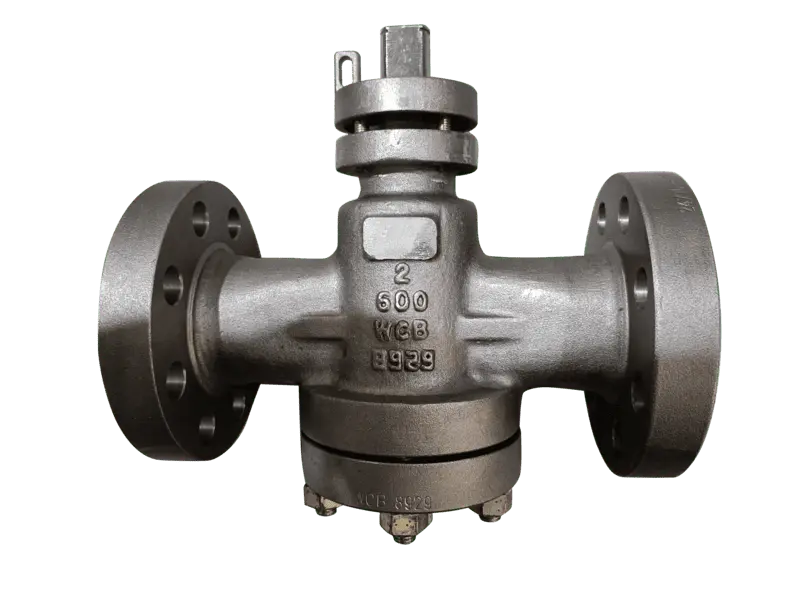As a simple and efficient valve, the plug valve plays a significant role in industrial applications due to its excellent sealing properties and convenient opening and closing mechanism. It performs reliably in high-pressure and corrosive environments, offering several unique advantages that make it a popular choice in industries such as oil, natural gas, chemicals, and water treatment.

1. Excellent Sealing Performance
One of the greatest advantages of the plug valve is its superior sealing capability. With a simple, closely-fitted internal structure, the plug valve typically incorporates corrosion-resistant PTFE or specialized metal sealing materials, effectively preventing medium leakage when closed. This characteristic is particularly crucial in pipelines that transport hazardous gases or volatile liquids, such as in the oil and gas industries, where reliable sealing reduces leakage risk and ensures operational safety.
2. Quick Opening and Closing Operation
The plug valve requires only a 90-degree turn to open or close, making it both convenient to operate and fast in controlling fluid flow. This ease of use is especially advantageous in emergency systems where rapid closure or opening of the fluid channel is essential. Compared to other multi-turn or complex valves, the plug valve can shut off fluid flow in the shortest time, making it the preferred choice for emergency systems, such as natural gas pipelines and chemical plant emergency systems.
3. Corrosion Resistance
Plug valves are commonly used in environments where corrosive media are present. Typically constructed from corrosion-resistant materials like stainless steel or alloy steel, with seals made of acid- and alkali-resistant PTFE liners, they can operate reliably for extended periods in corrosive environments such as chemical production and wastewater treatment. The straightforward design of the plug valve also reduces maintenance requirements, effectively extending its service life.
4. Suitable for Various Media
Due to its simple structure and reliable sealing, the plug valve is versatile in transporting and controlling gases, liquids, steam, and more. It maintains stable sealing performance under medium to high pressure and adapts well to fluctuations in media temperature and pressure. For transferring harsh chemical media and highly volatile gases, the plug valve meets these demanding conditions, making it a popular choice in the petrochemical and fine chemical industries.
5. Easy Maintenance and Long Service Life
With fewer internal parts and a simple design, the plug valve is relatively easy to maintain. Periodic lubrication between the valve seat and the plug ensures smooth operation and prevents wear. Additionally, the simple design reduces the number of wear components, lowering both operational and maintenance costs, making it an ideal choice for users who prioritize economy and durability.
Recommendations for the Use and Maintenance of Plug Valves:
Regular Lubrication
Lubricate the sealing surfaces regularly to maintain smooth operation and prevent wear.
Seal Inspection
Inspect the condition of the seals for wear regularly, and replace them as necessary to ensure long-term sealing performance.
Avoid Excessive Operation
While plug valves are suited for quick opening and closing, frequent switching can accelerate wear, so unnecessary operations should be minimized.
Environmental Protection
For applications involving corrosive media, select appropriate corrosion-resistant materials and periodically inspect for internal corrosion.
Conclusion
the plug valve stands out as a reliable and versatile solution for various industrial applications, especially in sectors requiring high sealing integrity and rapid operation, such as oil, natural gas, chemical processing, and water treatment. Its robust sealing performance, ease of use, corrosion resistance, and adaptability across different media make it an asset in high-pressure and corrosive environments. With straightforward maintenance and a long service life, the plug valve offers economic benefits and operational dependability, making it an excellent choice for industries prioritizing safety, efficiency, and durability.
